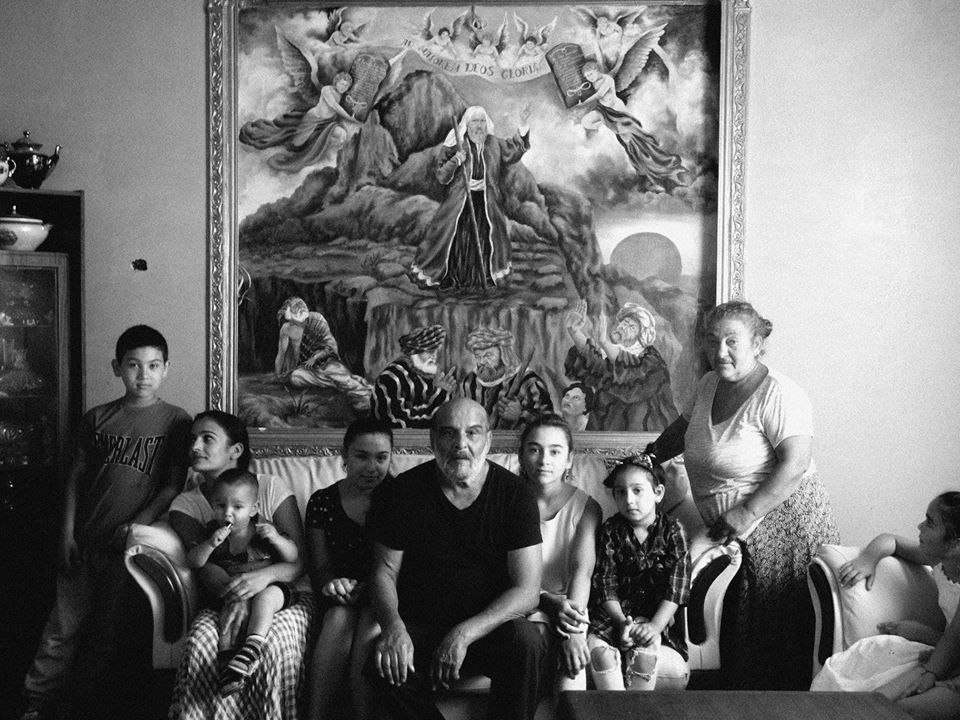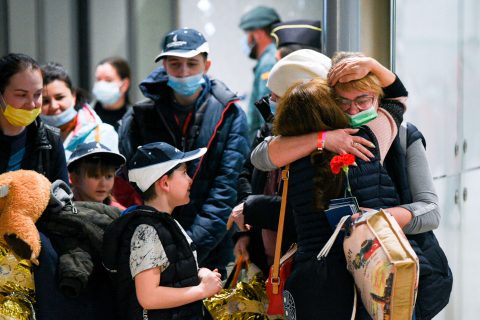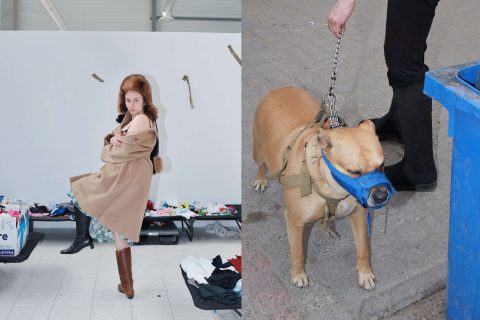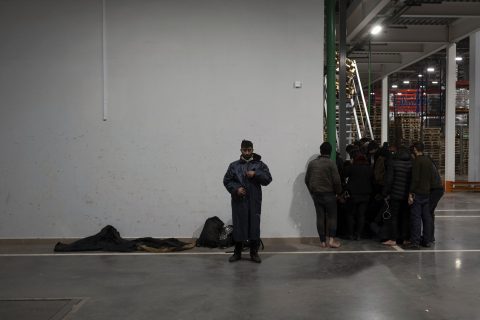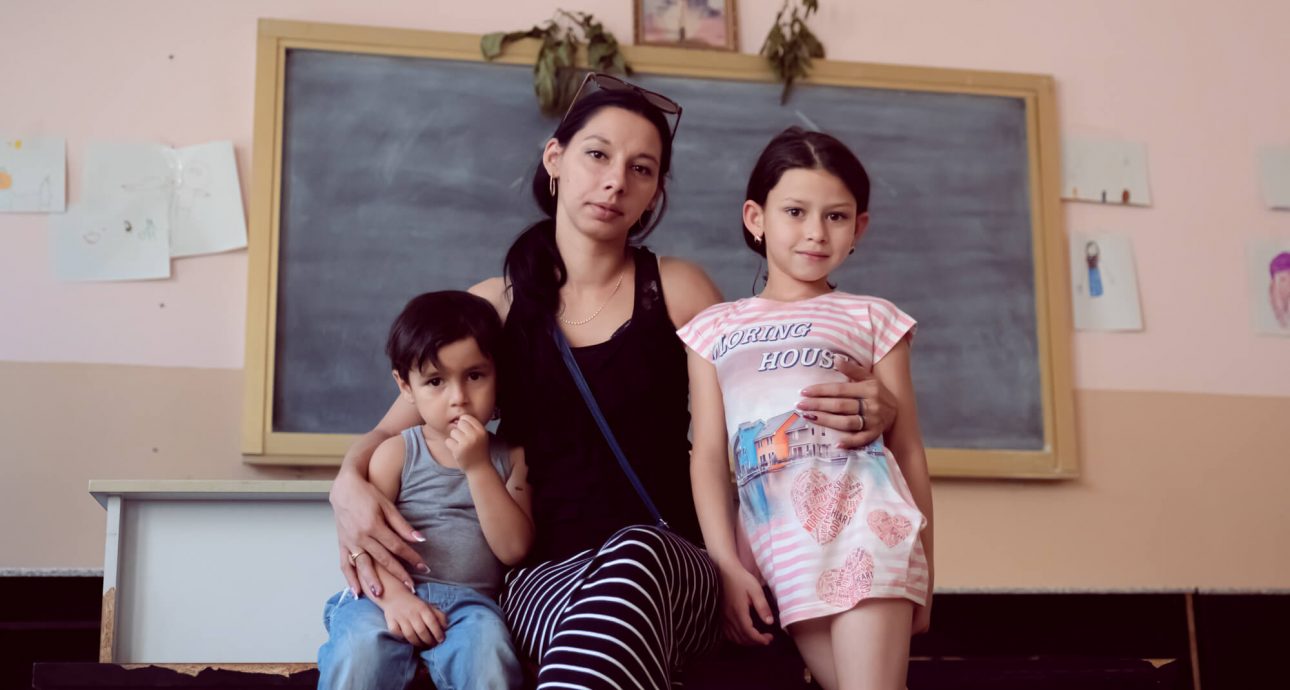
The Roma Diary: Photos from the Shelter for Ukrainian Refugees in Moldova
Daniel Gerse, a Chișinău photographer, has helped the Ukrainian refugees since the very beginning of the full-scale russian invasion. The FRIȘPA centre hosts mostly the Roma, about 150-200 people – and the Daniel’s project is focused on them. They sleep, eat, look for job offers and opportunities to move somewhere else. Lots of them don’t have any documents, so they are stuck in Moldova. Despite it all, the life is in full swing in the centre, its residents celebrate birthdays and find friends.
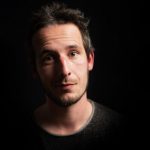
A Chișinău photographer. A New York PhotoManhattan School programme participant.
— I don’t keep count, but most Roma enter Moldova directly by crossing the border. Mainly through the “Palanka – Mayaky” point, because most of the Roma from the south of Ukraine live in the Odesa region. There were a couple of more complex situations. People living in the west of Ukraine wanted to go to Moldova to be reunited with their families, so they had to cross the borders of several countries. But these cases are rare.
From the first day of the war, everyone I know in Moldova started helping the refugees. My friends searched for housing, transport, and food for accommodation centres. Together with them, I also started to support a centre that welcomes the Roma community, because it was given the least attention. Later in March, I decided to take photos of its inhabitants on a regular basis.
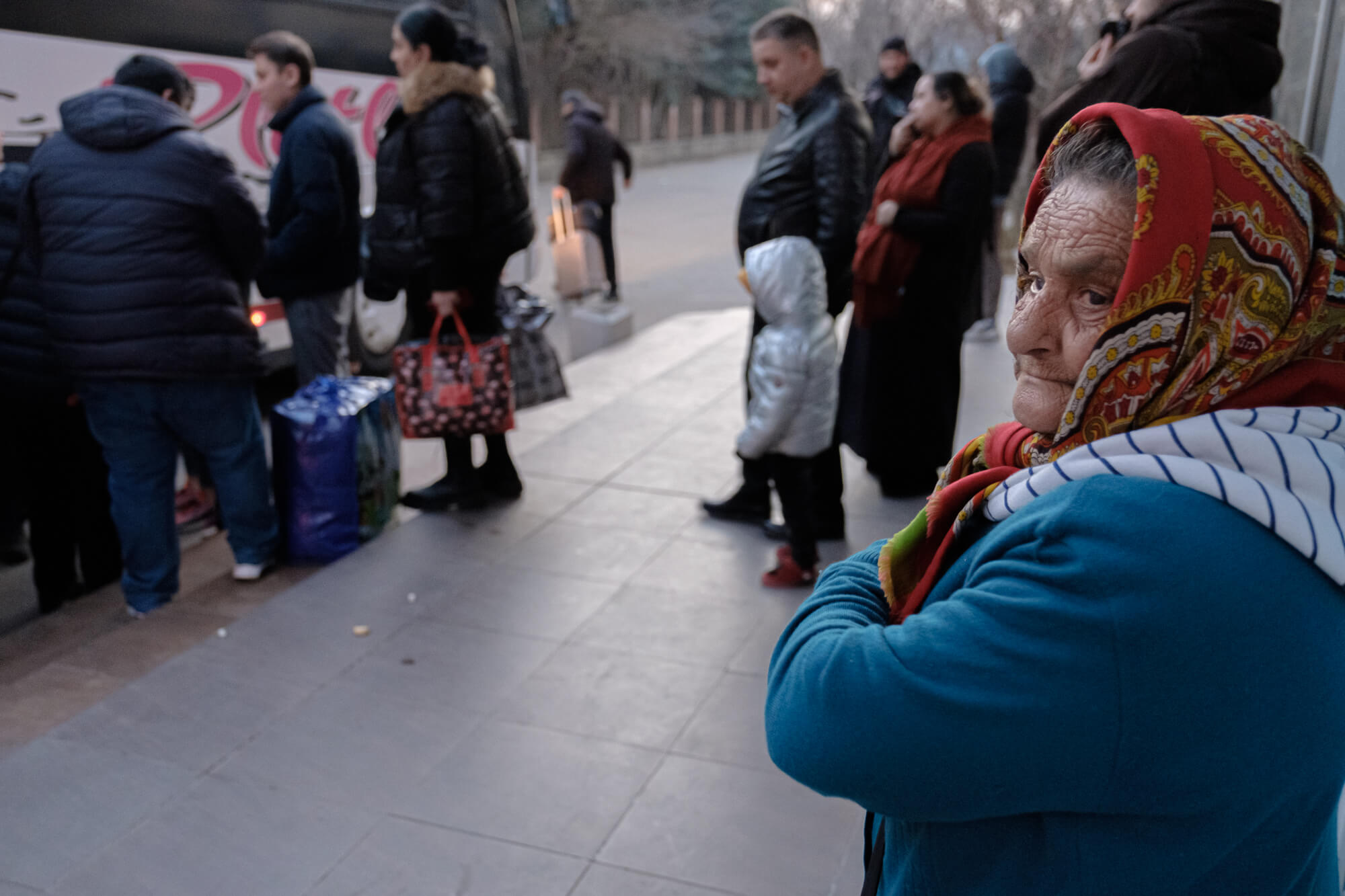
People leave the refugee centre for Germany. Due to the lack of documents, few Roma can do this
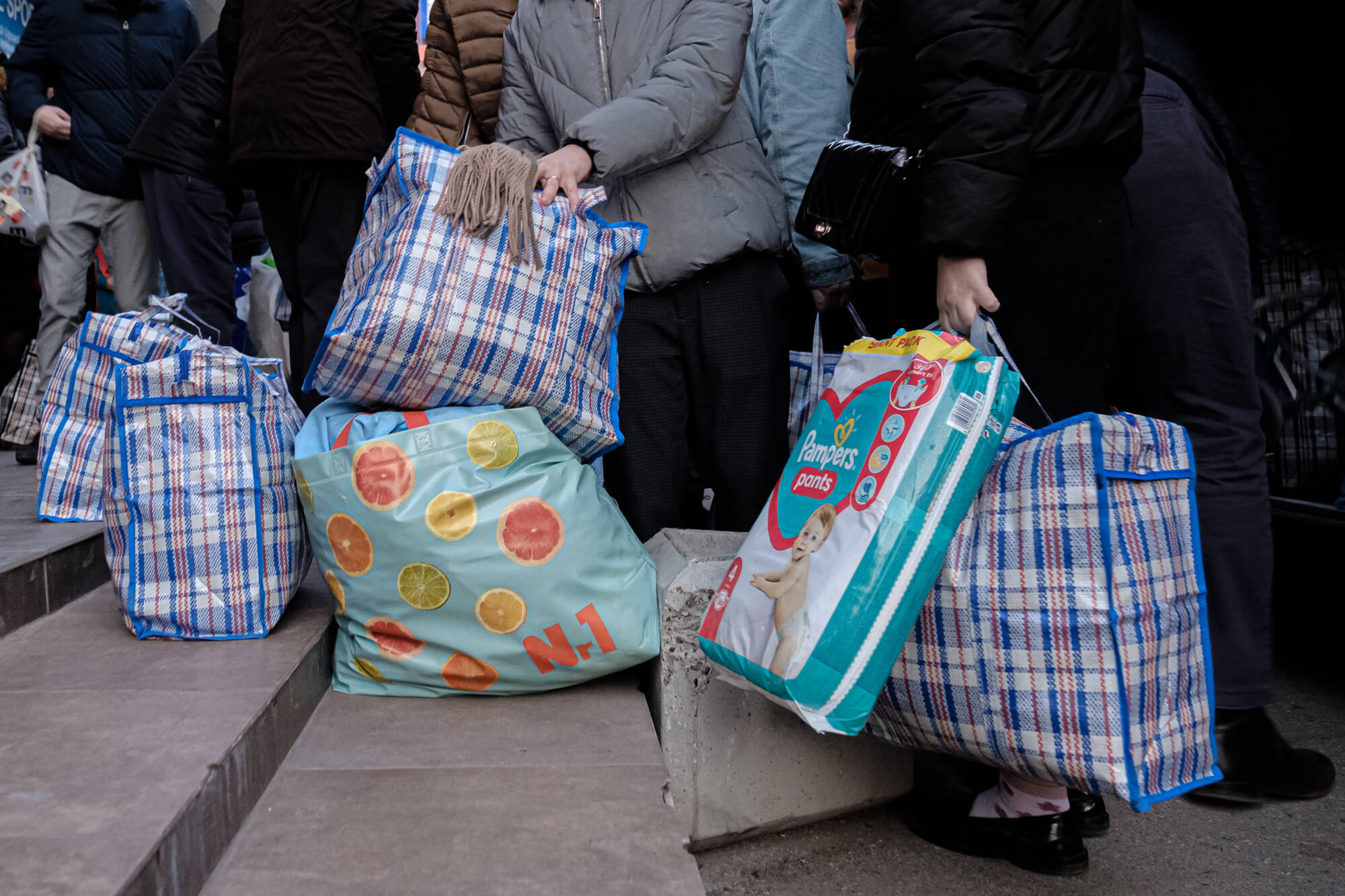
A bus heading towards the Western countries, provided by the German organization
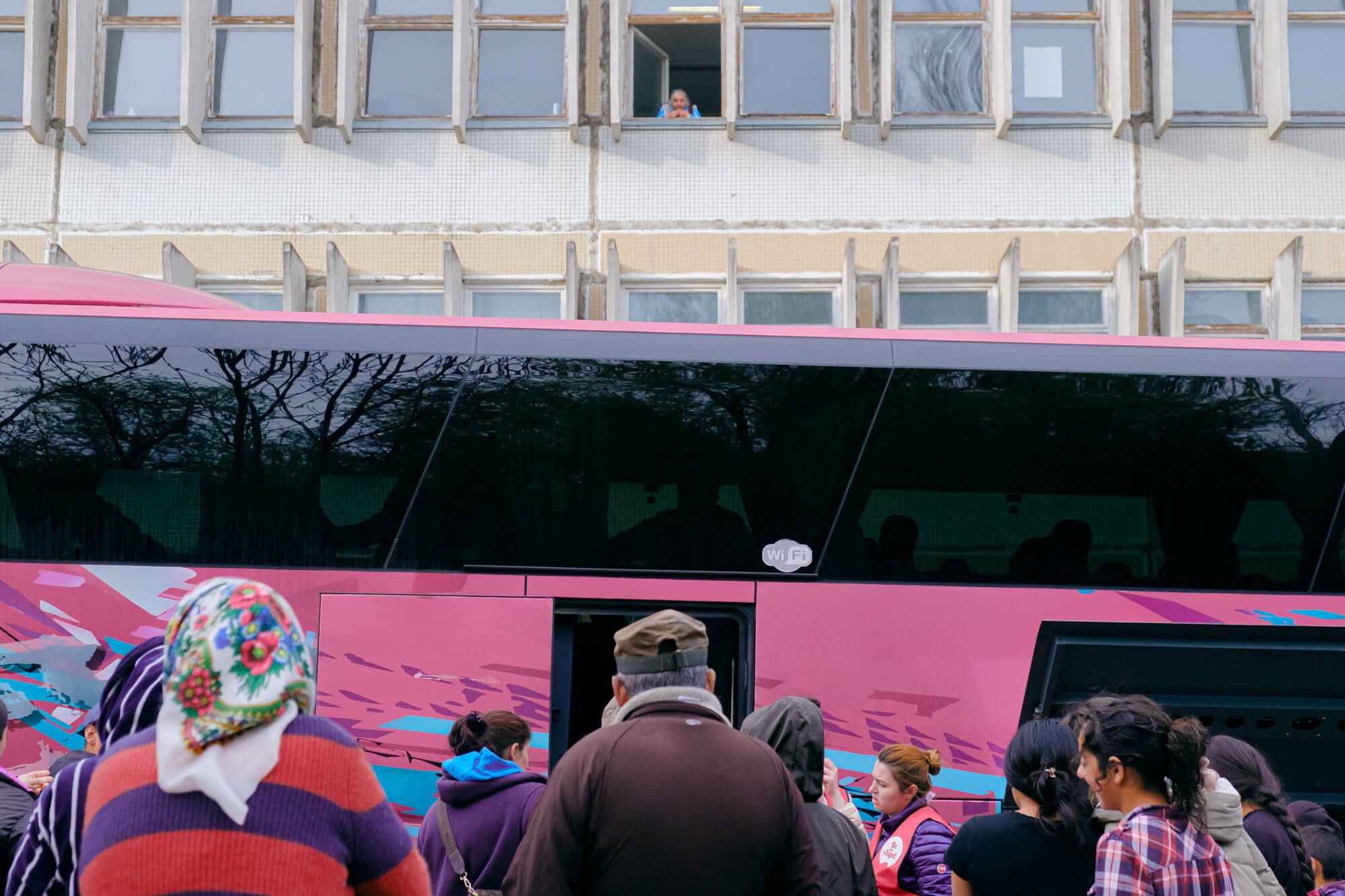
Seconds to the bus departure for the west. Often it means the families getting apart
First of all, my previous project in Hungary was also related to a minority group, so this topic concerns me. Secondly, now many people write about Ukraine, but the stories of the Roma are not covered much.
The centre has everything required, but the conditions are far from ideal: it is easy to fall from the stairs, and the makeshift beds are created out of the school benches.
FRIȘPA is a Soviet three-floor building. Upon entering, you find yourself in a small, gloomy hall, which is used as a reception room. Then goes a large sunlit room that doubles as a dining room and event hall. On the other floors, there are classrooms for 12-14 people. Showers are located outside the building in vans. Although the center has everything required, the conditions are far from ideal. It is easy for the elderly or disabled to fall from the stairs, and makeshift beds are made out of the school benches.
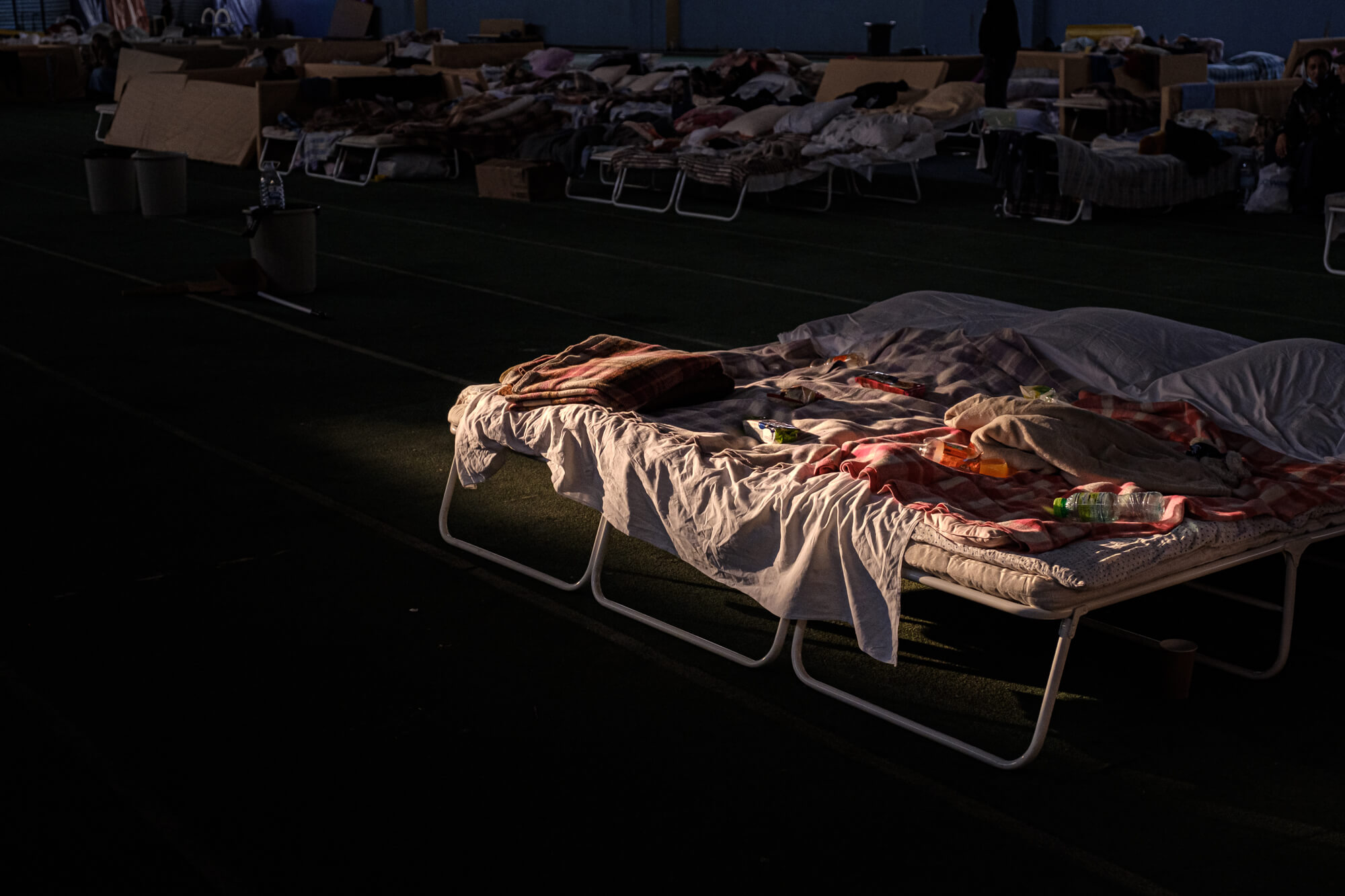
An evening view at the sports centre, which used to serve as a temporary housing for the Romani refugees before the FRIȘPA.
The people I spoke to fall into two categories. Some are very glad they can stay close to Ukraine and hope for the war to end. Others try to go as far and fast as possible. Since many Roma do not have IDs, it is difficult for them to leave the country. Many do not even understand why the lack of papers prevents them from leaving, say, to Belgium.
The atmosphere in the centre depends on who surrounds you. Some people like to be together, that is, to have people nearby to communicate with. But many people are very upset and reluctant to come here, so they criticize the institution.
There was a vivid example that comes to mind. On one of my first days at FRIȘPA, I met 20-year-old Dmytro, who was helping a woman find her son who went missing in another country. This guy supported the woman as much he could. In the end, the child was found in Poland, lost in the chaos while fleeing Ukraine. Dmytro was one of the first in the community to find a job and helped his family, which was just about to apply for the refugee status.
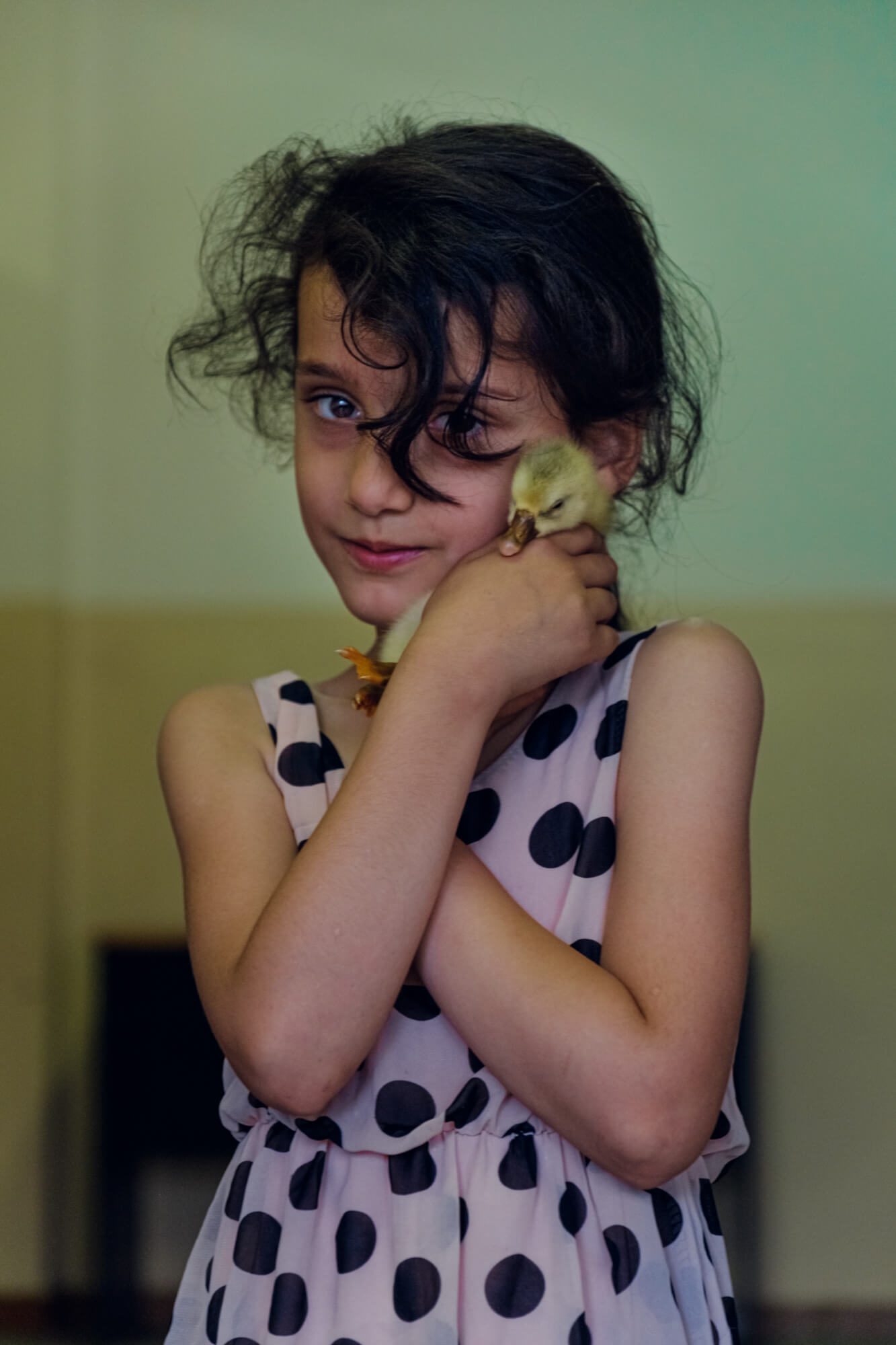
Natalia and a tiny fledgling brought by her father
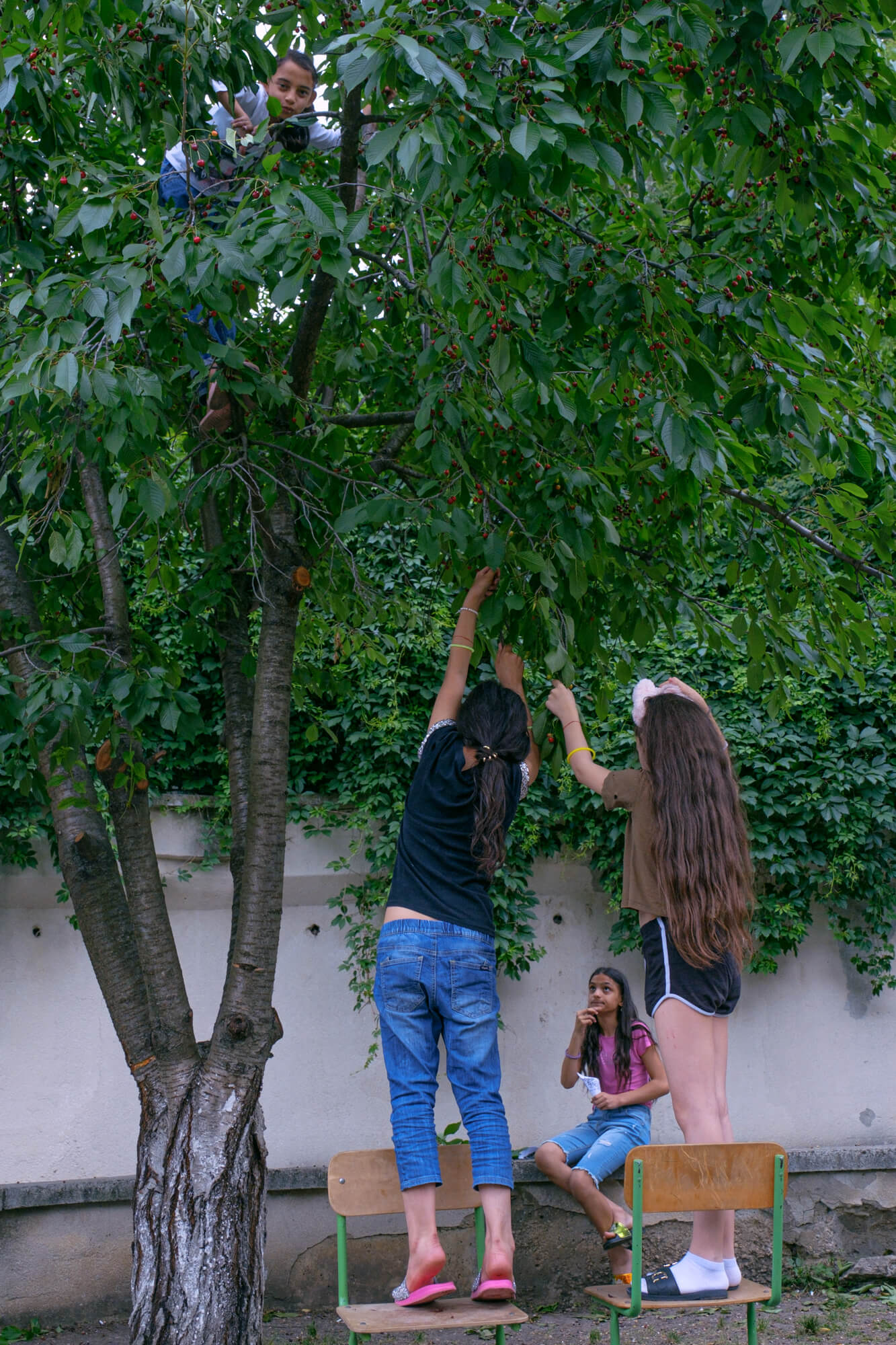
Cherry-picking during high season in the garden of the refugee centre
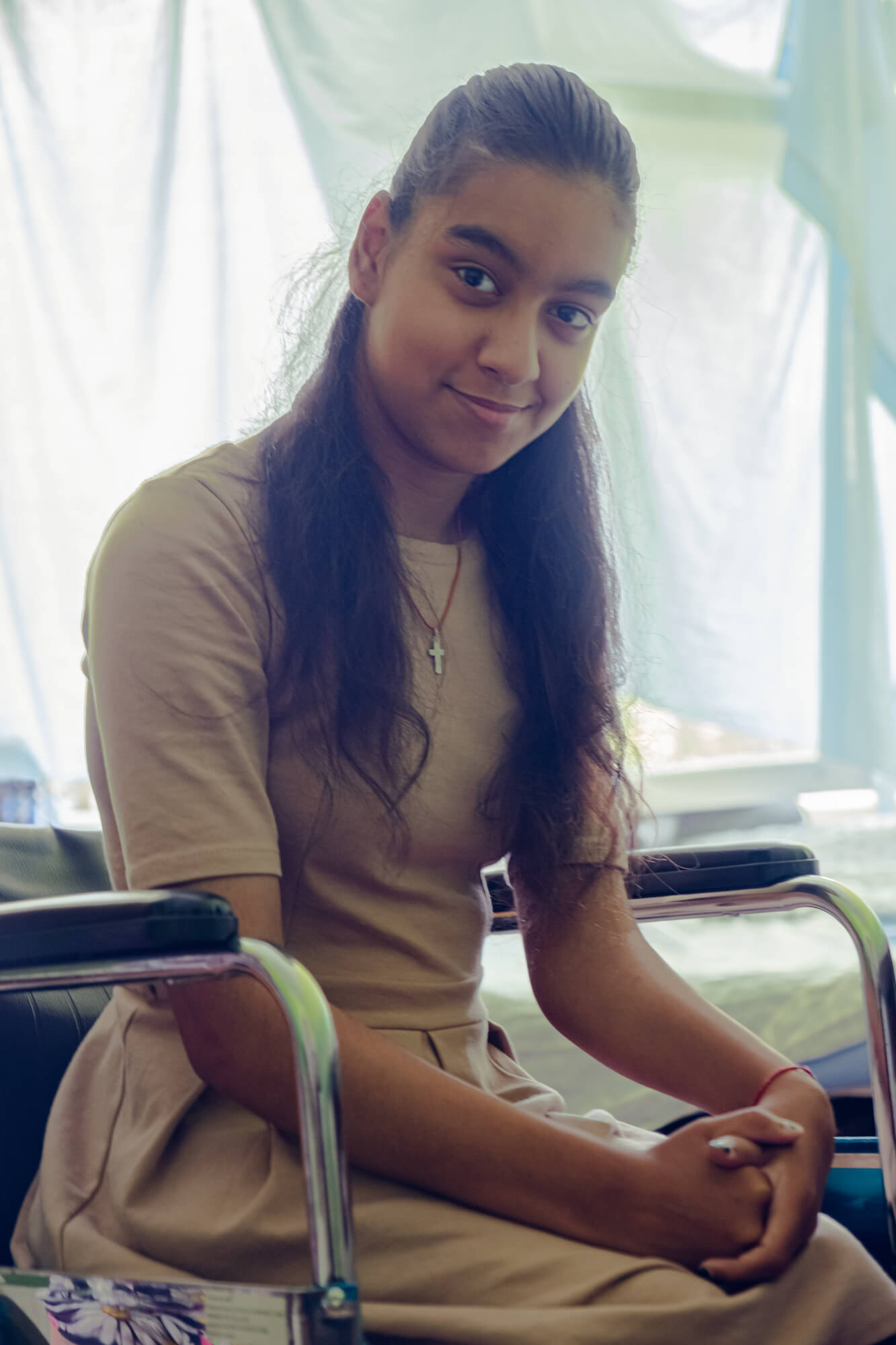
Julia poses for the camera. Due to the difficulty in moving around the centre in a wheelchair, she stays inside even in the summer
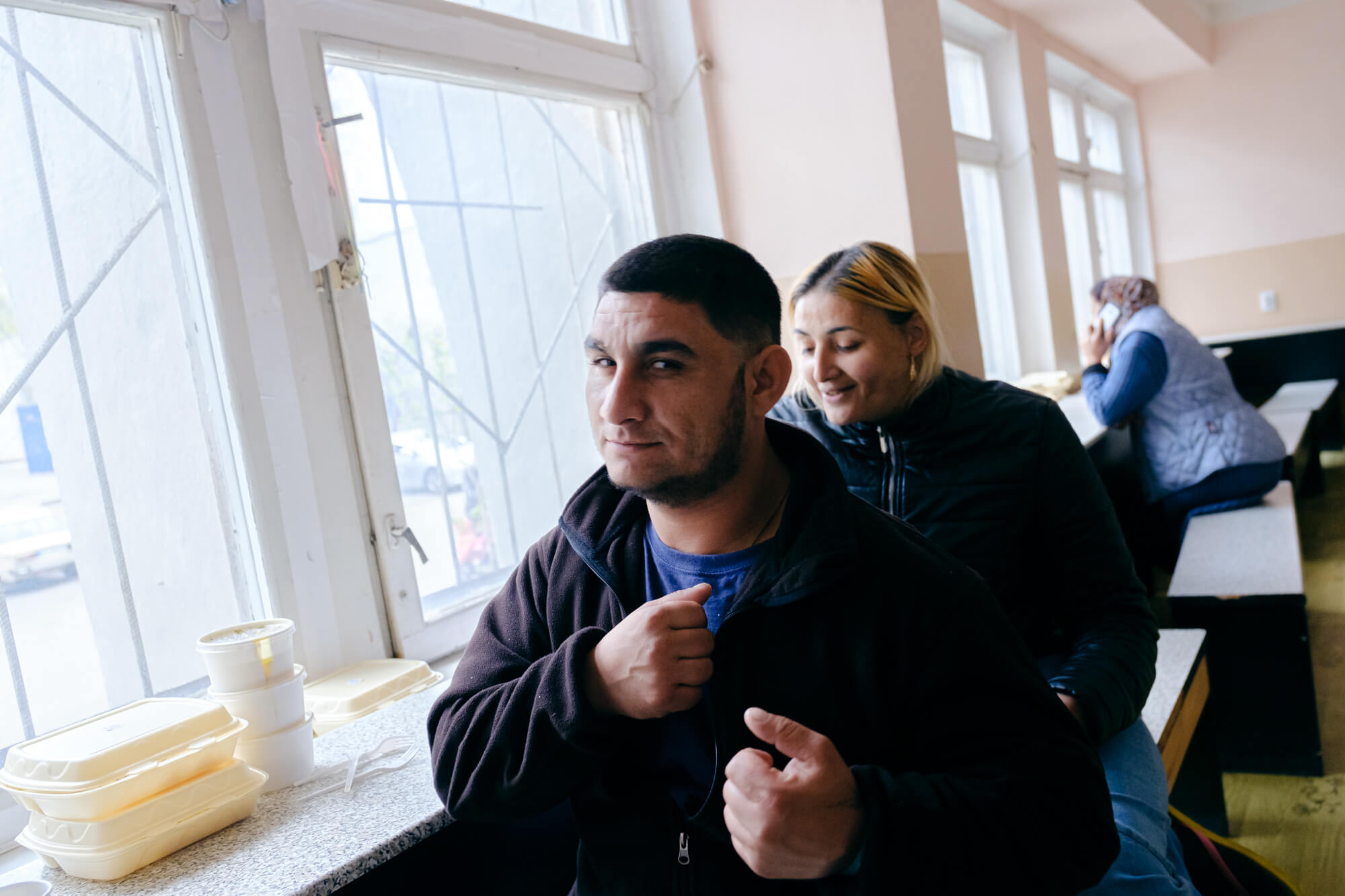
Marko entertains his friends in the dining room after dinner
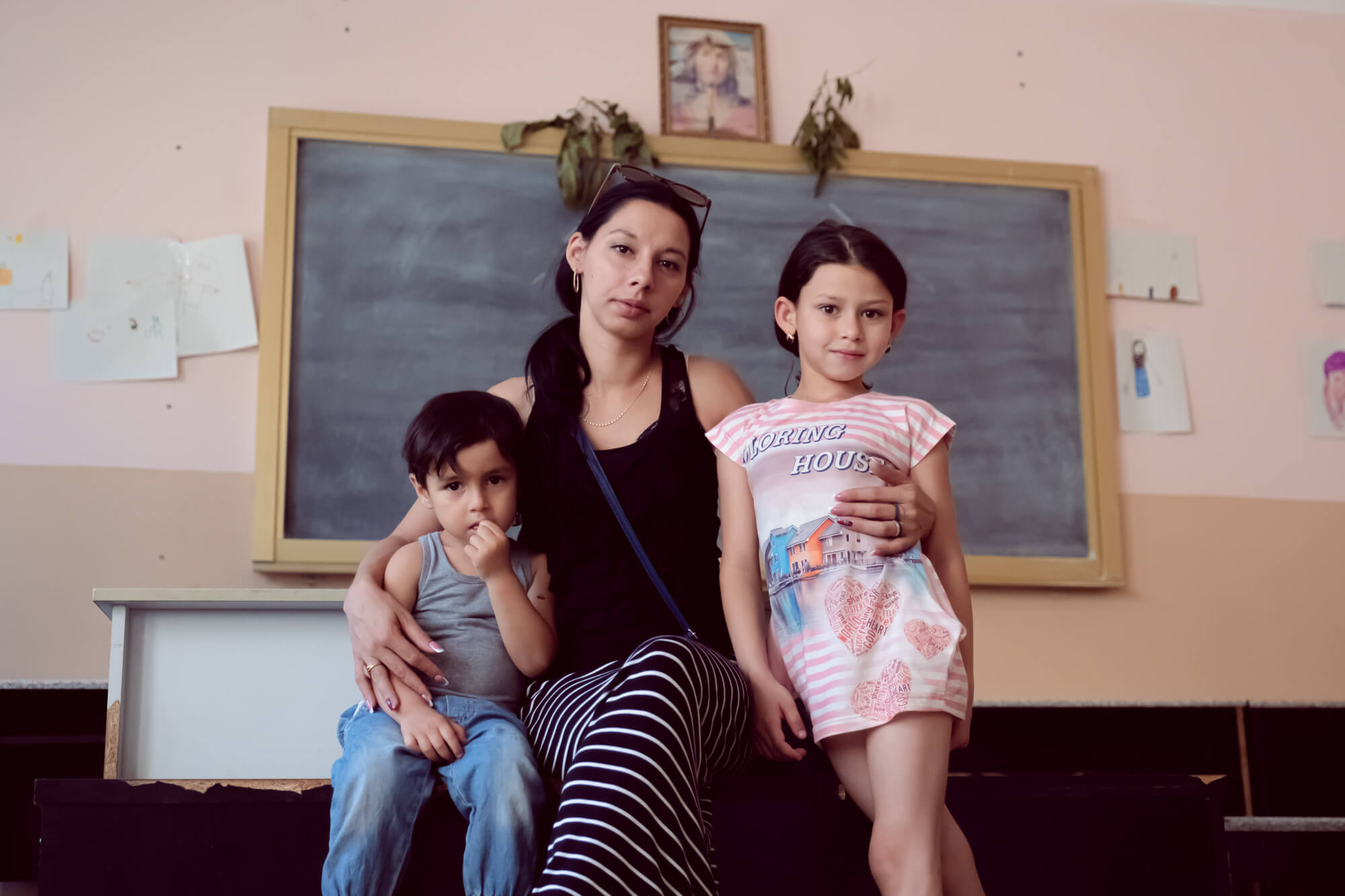
Christina and her children, who have finally recovered from a two-week illness
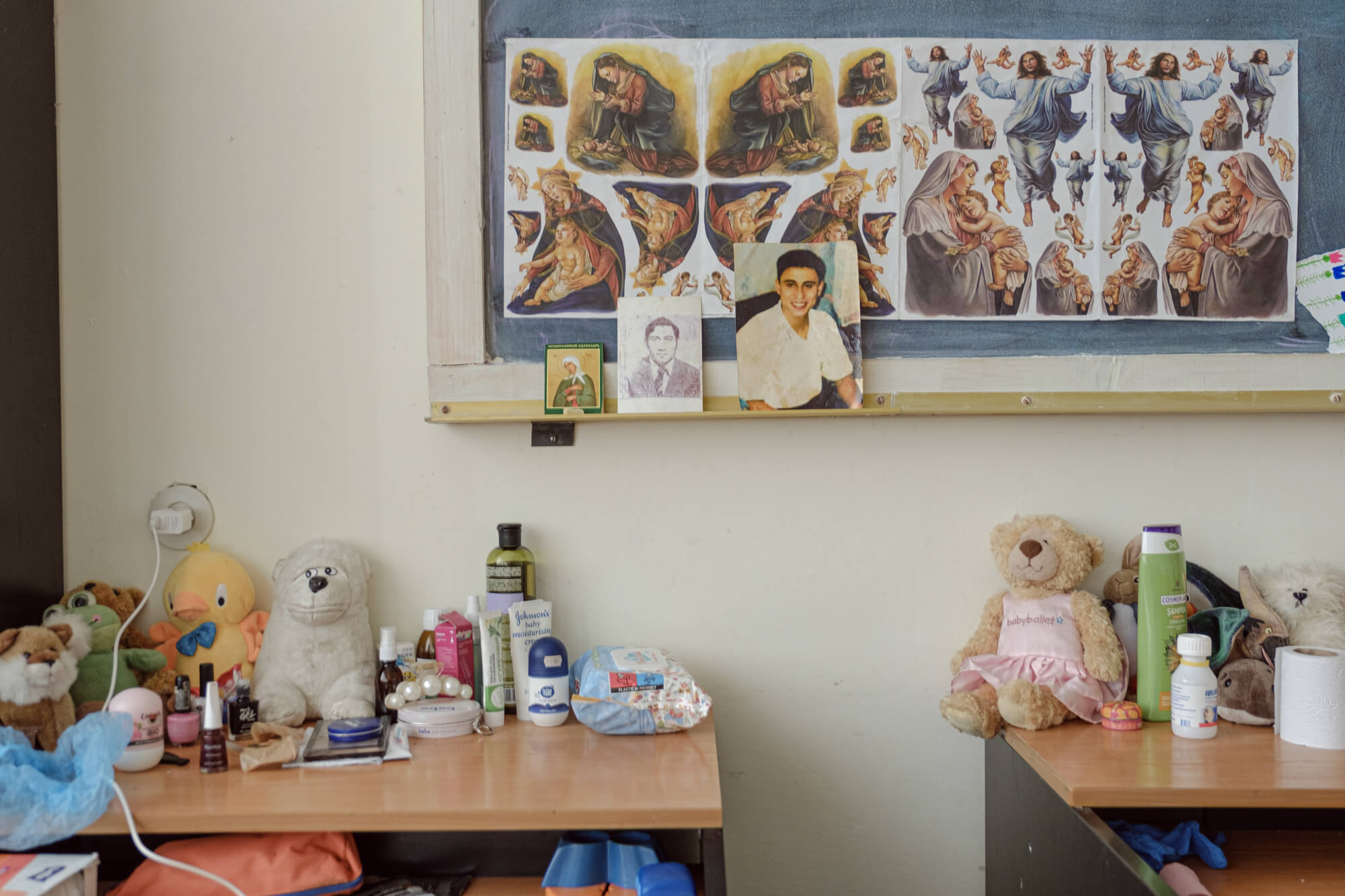
A piece of the refugee family room
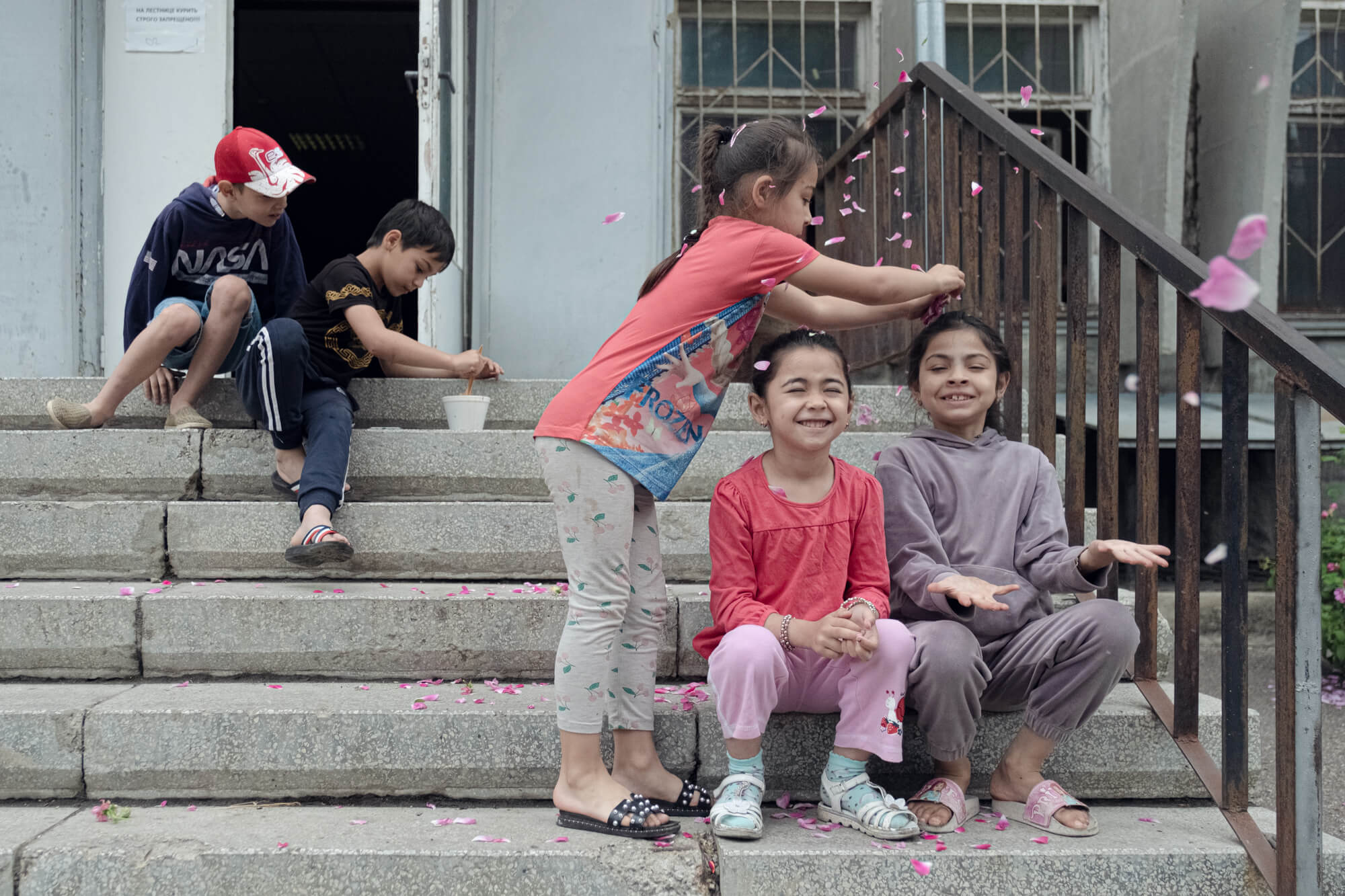
Kids are playing near the refugee centre’s entrance
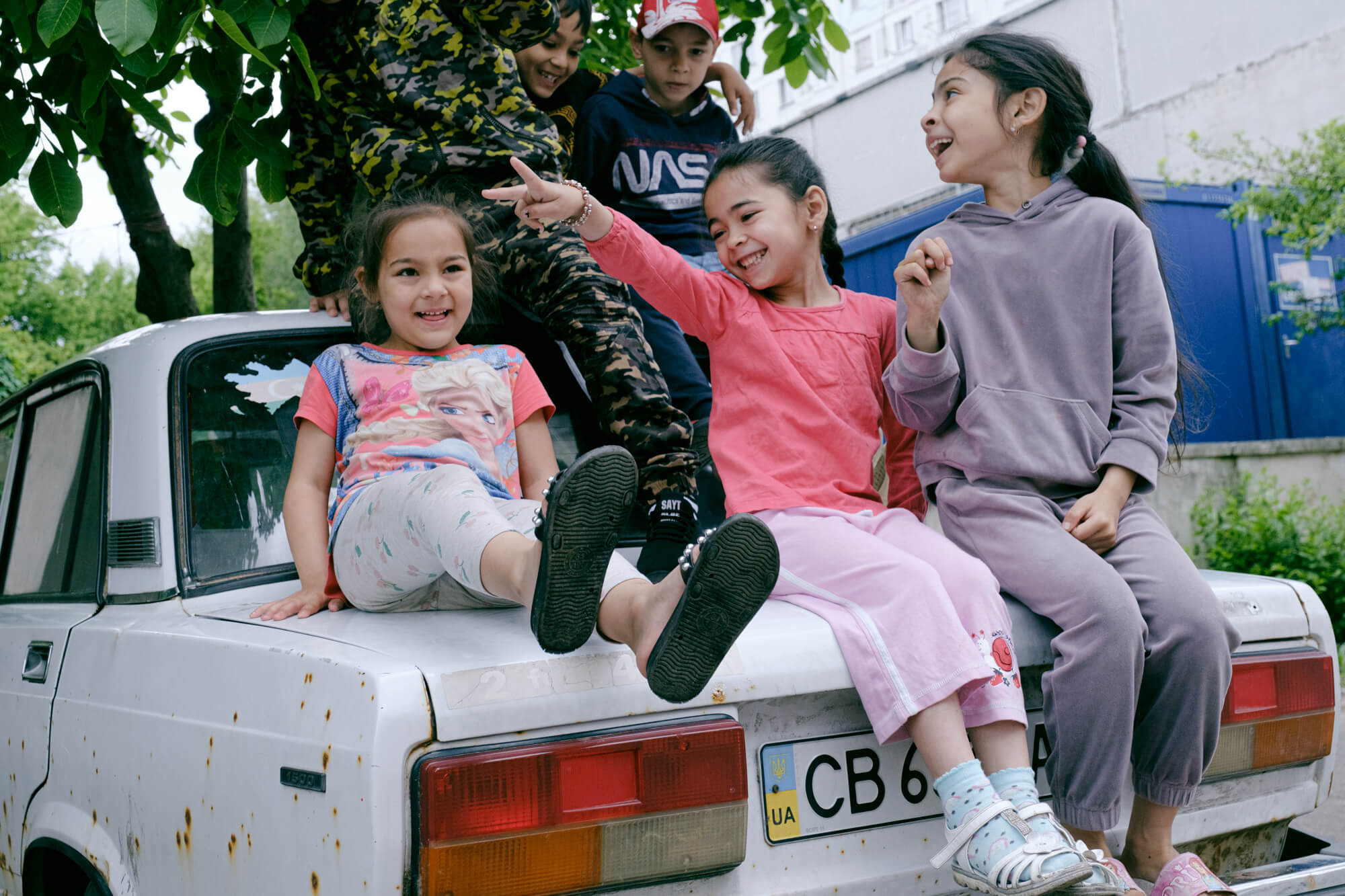
Children play on the Ukrainian refugee's car. In this centre, children rarely study, so they mostly play
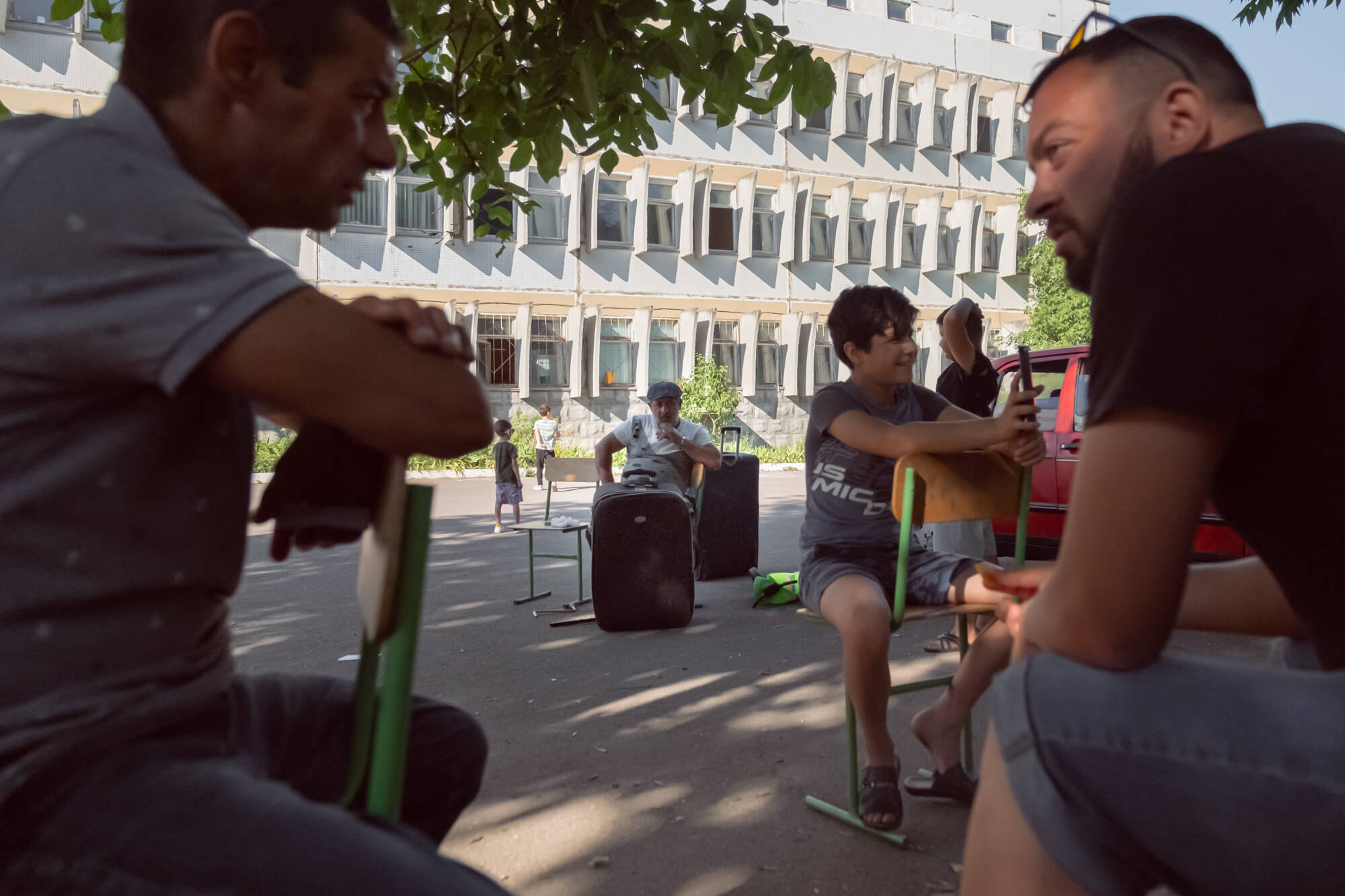
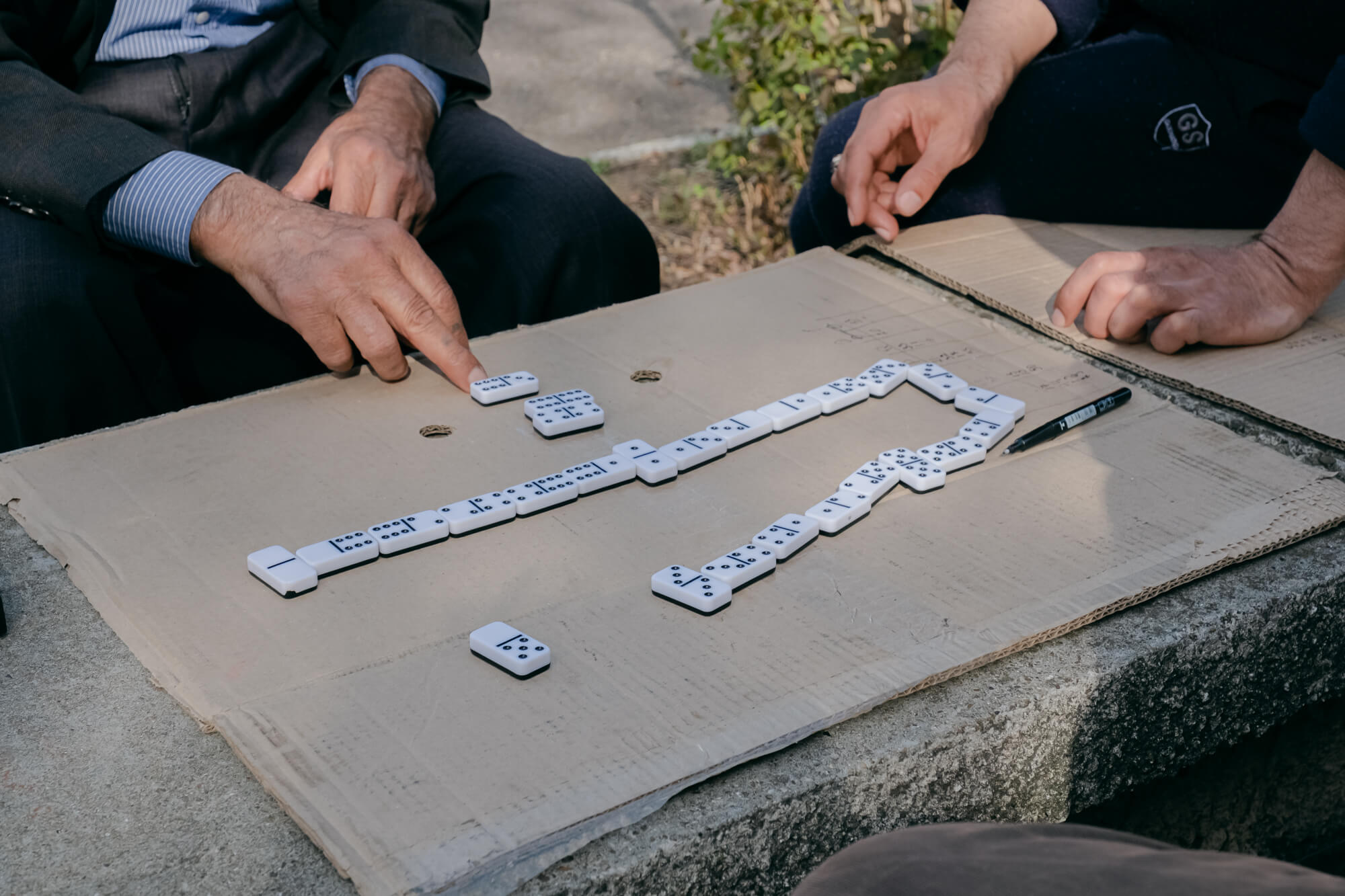
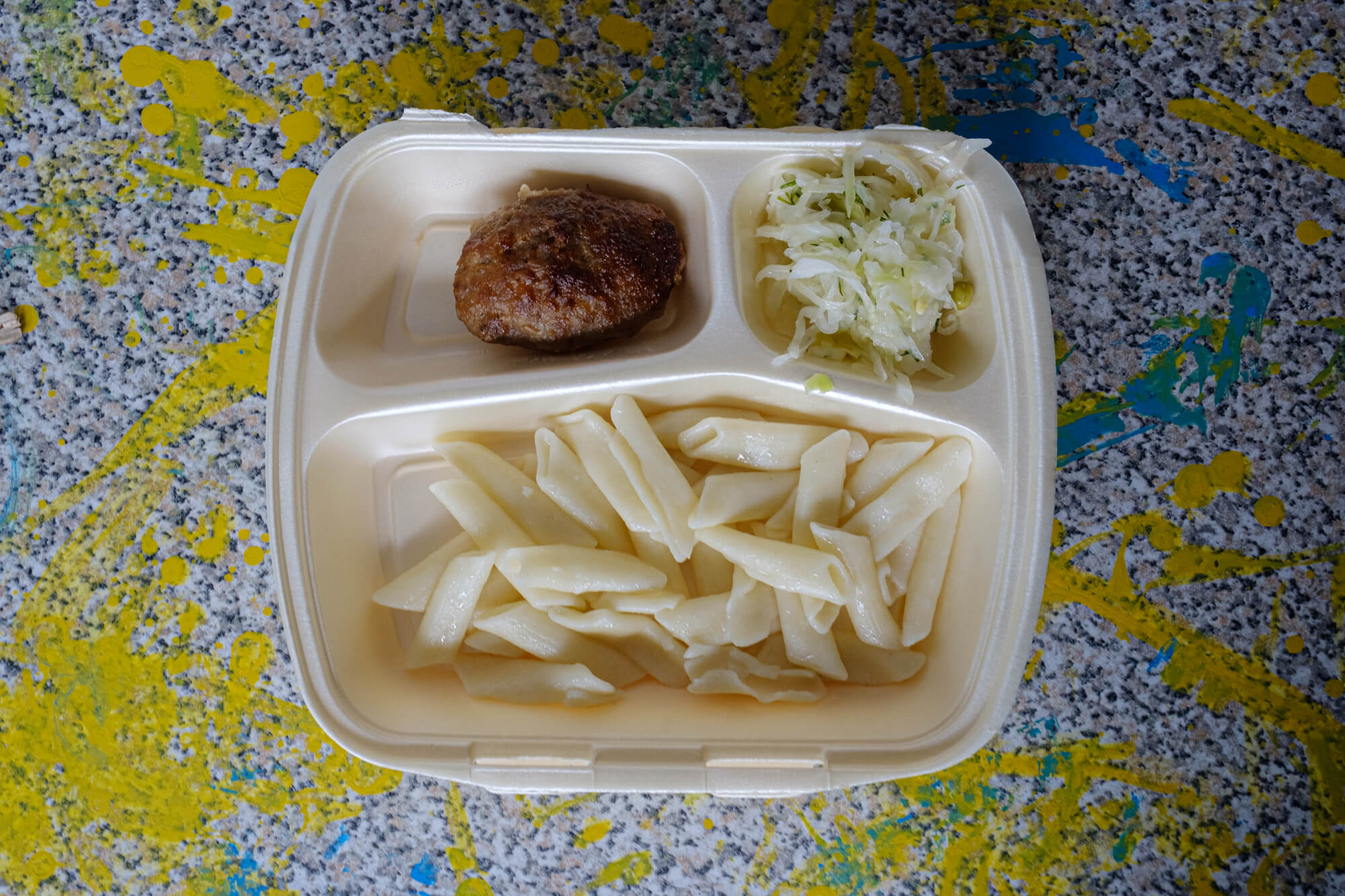
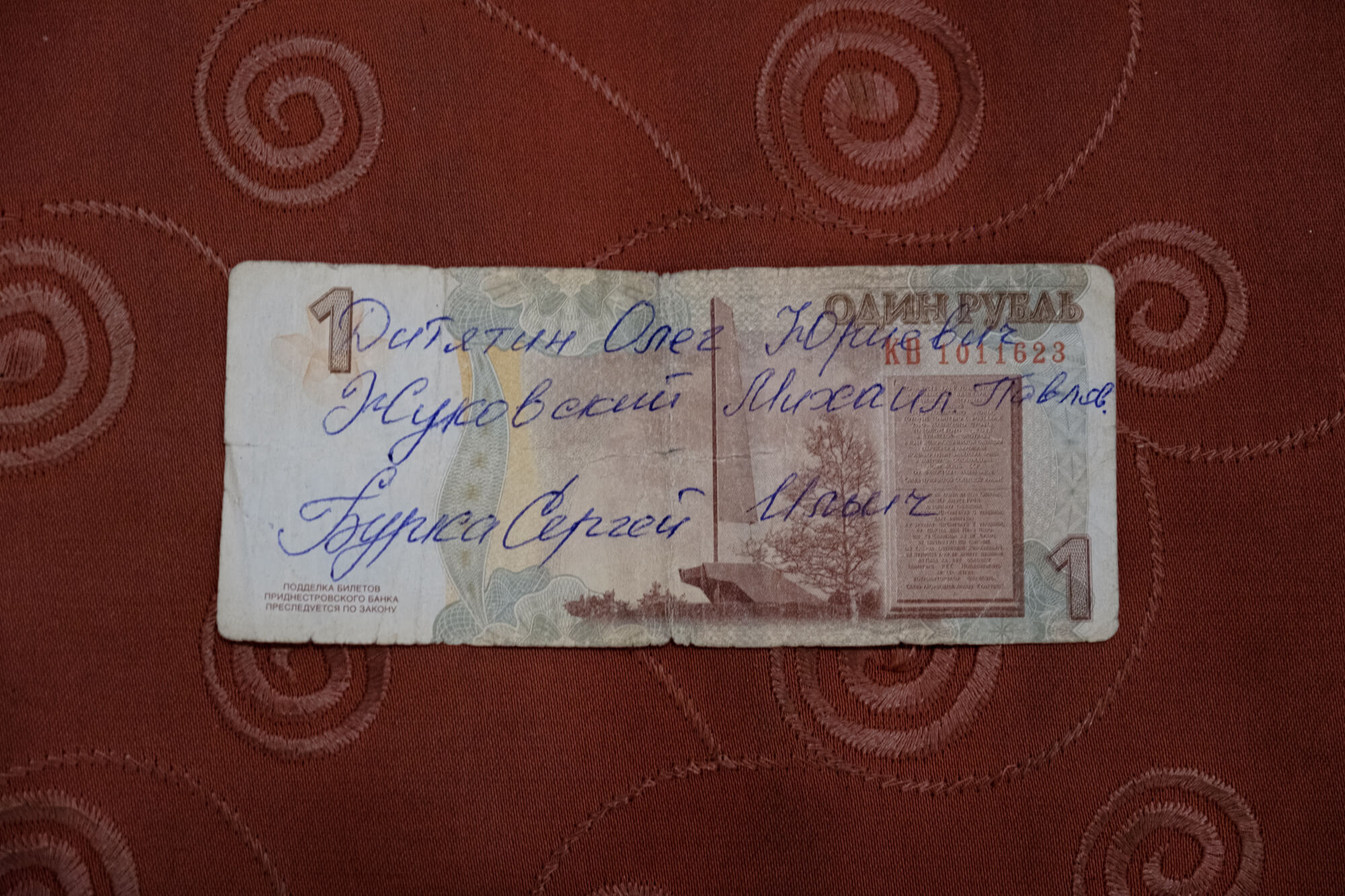
The friends who met in the centre wrote their names on the Transnistrian ruble
New and best
